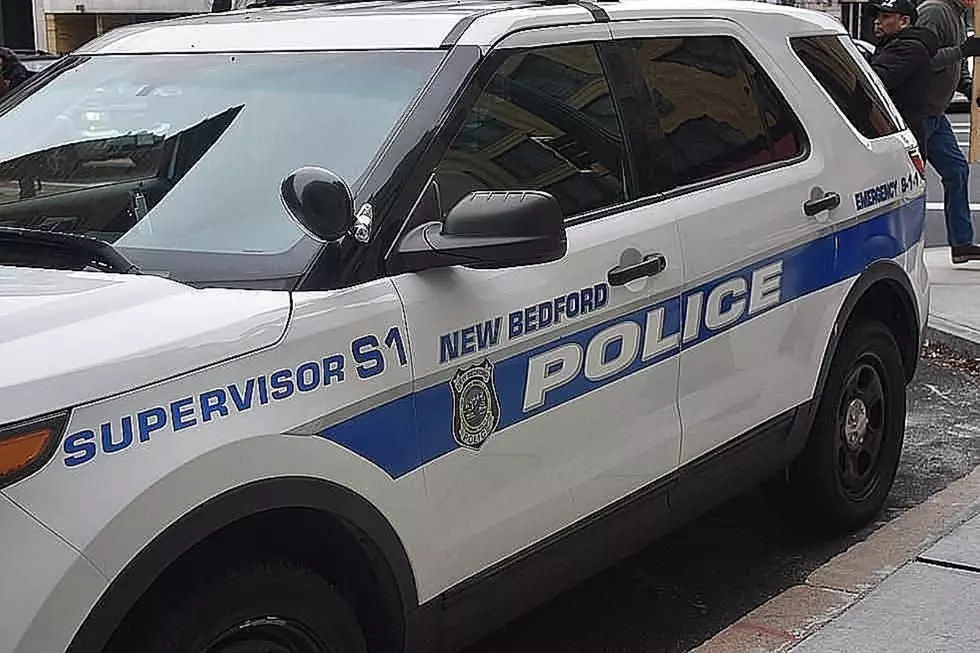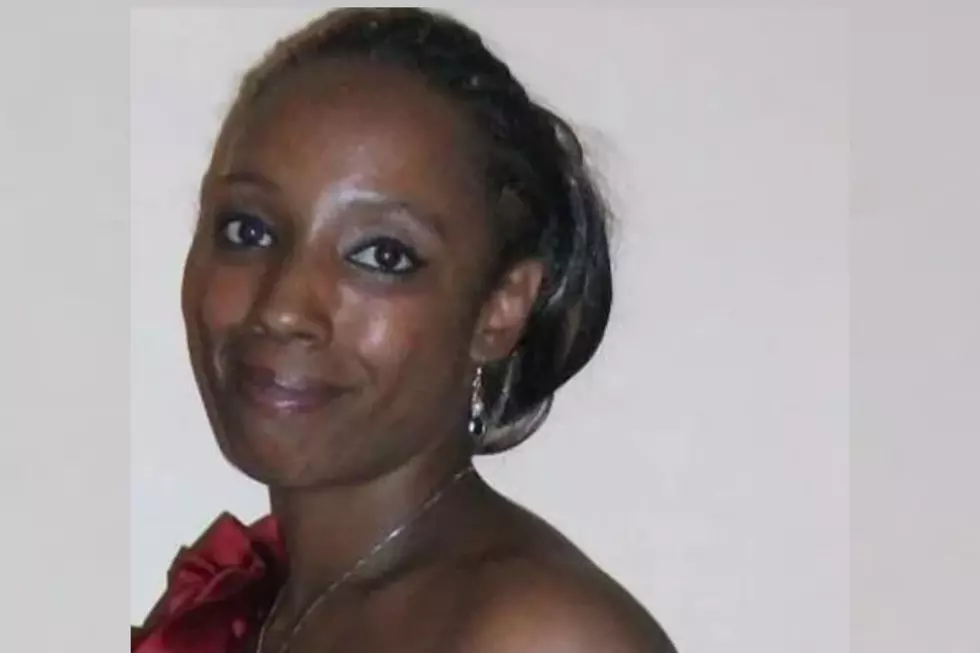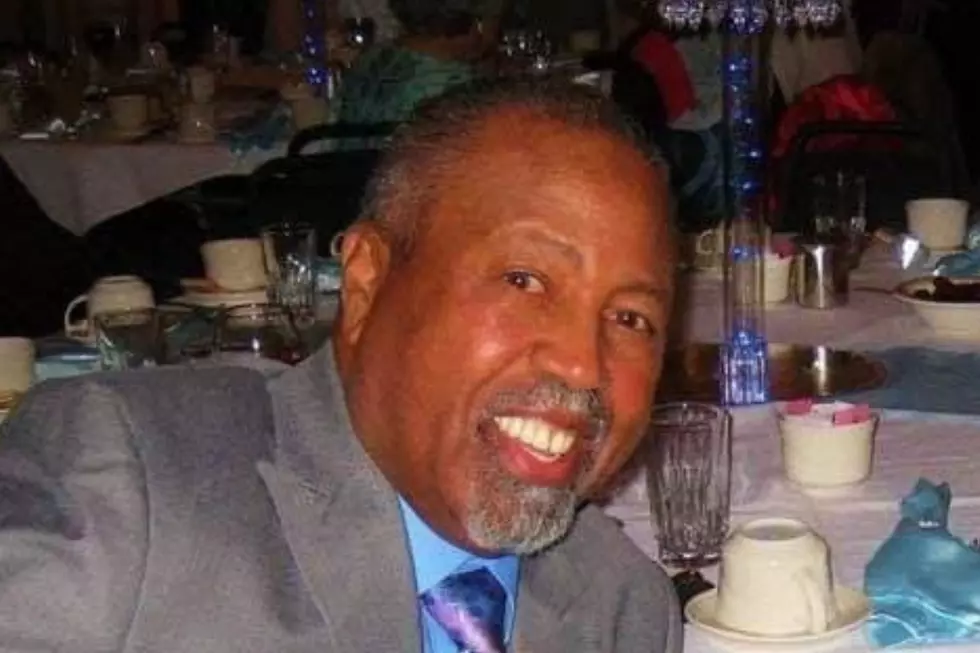
Cabral Pushes for New Courthouse Complex in New Bedford
Third District Court located on Sixth Street in New Bedford handles criminal, juvenile, and civil cases and is currently the third-busiest courthouse in Massachusetts. It is also one of the most out of date.
With the Fall River Justice Center having been built in 2010, and the Taunton Trial Court constructed in 2011, New Bedford lags behind its Bristol County counterparts with its nearly four-decade-old courthouse, which completed construction in 1984.
The functions of the local court system are also scattered across the city, with New Bedford Housing Court located in a strip mall on Hathaway Road, a small and over a century old probate court in the center of downtown, and a Superior Court – where Lizzie Borden was tried for the murder of her father and stepmother in 1893 – on the corner of County and Union Street.
New Bedford State Rep. Tony Cabral has been beating the drum for the construction of a new courthouse in New Bedford that can both adequately handle the volume of cases that it takes in and can centralize the operations of the district, probate, and housing courts into one building.
In a recent appearance on WBSM's SouthCoast Tonight, Cabral said he previously had conversations with former Massachusetts Trial Court Administrator Harry Spence about the possibility of building a new courthouse in the Whaling City.
Spence had commissioned a study of all of the trial court buildings in the Commonwealth to see where updates were needed.
"Of course, we came up as one of those facilities that would needed to be addressed," Cabral said. "Unfortunately, that plan that the Trial Court put together would put New Bedford on Phase 4, which would be like 20-30 years from now, and I don't think we can afford to wait that long. "
Cabral responded by taking a proactive approach to moving the courthouse project forward, earmarking $123 million on the general obligation bond legislation. He helped craft the legislation when he was Chair of the Joint Committee on Bonding, Capital Expenditures and State Assets.
The amount of the bond reflected what the Trial Court's study estimated the cost would be to build a new courthouse in New Bedford. Cabral said he added more money than what was originally allocated for the construction of the courthouses throughout the Commonwealth.

According to Cabral's office, Governor Charlie Baker's version of the bond bill had allocated $375 million for court replacements throughout the Commonwealth. Once the legislation arrived in Cabral's committee, they had upped that amount to approximately $675 million, because "the need was there," according to Cabral.
By the time the bill had made from Bonding to the House Ways and Means Committee, the Senate, and the conference committee, the court infrastructure allocation ending up totaling over $760 million.
New Bedford's $123 million bonding authorization for the courthouse remained. Since it was passed in 2018, it needs to be re-authorized. According to Cabral's office, the reauthorization will be done this year.
Cabral said currently new justice centers are being constructed in the cities of Springfield and Quincy, but he is working to begin the process of conducting a feasibility study by the Department of Capital Asset Management and Maintenance (DCAMM) to determine how the project can be executed.
There is a separate bonding authorization for $500,000 for the feasibility study, and Cabral's office said he will be working with DCAMM and the Executive Office of Administration and Finance to begin the feasibility study in the current session.
As far as the location of the new courthouse goes, Cabral said the language of the bonding legislation says the court will be located downtown. Exactly where downtown will depend on findings of the feasibility study.
Cabral argued that a new courthouse complex would not only bring the benefit of doing the business of the court safely and more efficiently, but it will attract more business in the downtown district, such as law practices.
"A lot of the attorney's offices used to be downtown, right on County Street, across from the Superior Court. Most of those are gone," Cabral said. "Those are small businesses. Those are folks who might go to a resultant or coffeeshop downtown, that have to buy materials in New Bedford. So it's an economic driver as well."
"It's also important to have a facility that provides quick justice for people, that serves the people well," he said. "Right now (the courthouse) is not serving the needs of the people in Greater New Bedford."
Listen to Rep. Cabral's interview on SouthCoast Tonight.
List of Bristol County Missing Persons
Top Stories for January 2023
More From WBSM-AM/AM 1420









